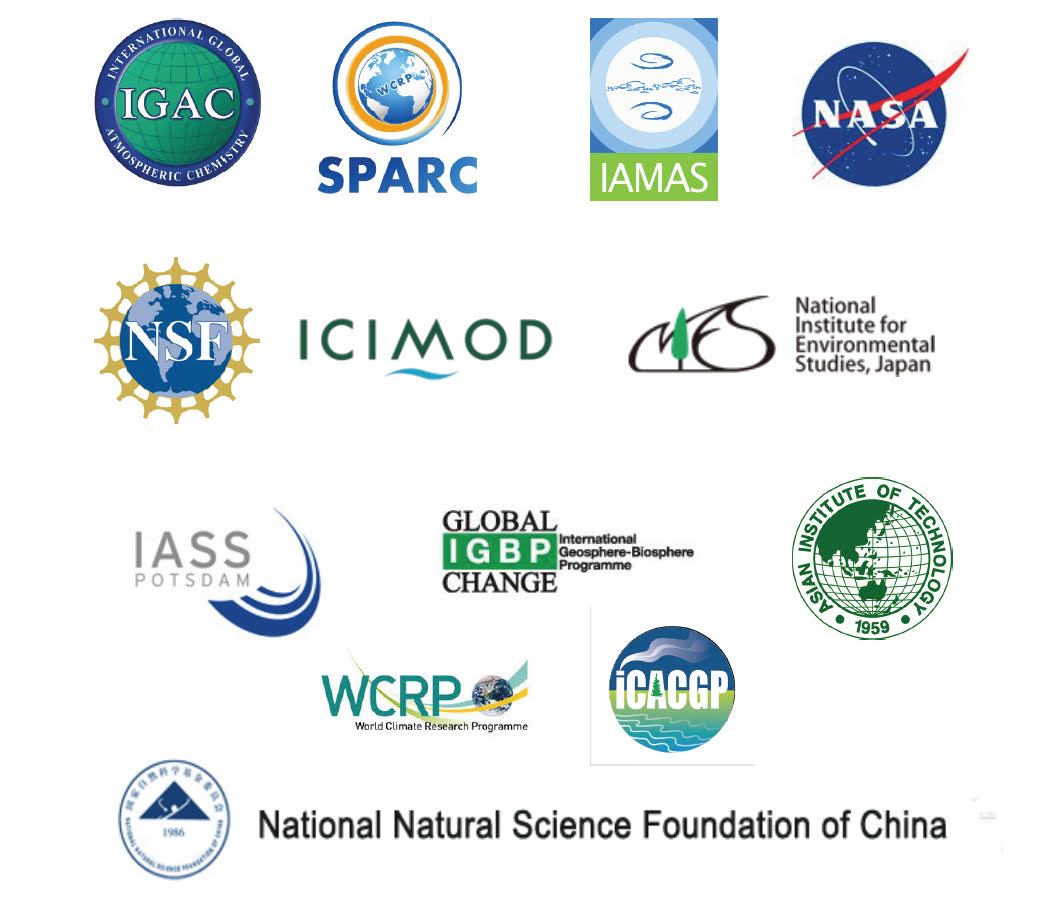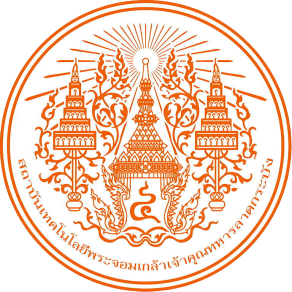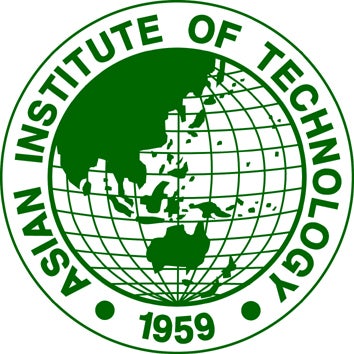Bangkok 2015 Summary
Second Workshop on Atmospheric Composition and the Asian Summer Monsoon (ACAM)
8-10 June, 2015 • Bangkok, Thailand
- Jim Crawford, NASA Langley Research Center, USA (james.h.crawford@nasa.gov)
- Laura Pan, National Center for Atmospheric Research, USA (liwen@ucar.edu)
- Narisara Thongboonchoo, King Mongkut’s Institute of Technology Ladkrabang, Thailand (ktnarisa@kmitl.ac.th)
- Sachiko Hayashida, Nara Women’s University, Japan (sachiko@ics.nasa-wu.ac.jp)
One hundred and seventy scientists representing 22 countries recently gathered in Bangkok, Thailand for the Second Workshop on Atmospheric Composition and the Asian Summer Monsoon (ACAM). Building on progress from the initial workshop held two years earlier in Kathmandu, ACAM connects scientists with diverse expertise and interests in understanding the complex interplay between monsoon dynamics and atmospheric composition, which is changing rapidly due to economic development and high population density. ACAM interests span impacts from local to global scales, including air quality, aerosol-cloud interactions, convective transport of pollutants, and impacts on the upper troposphere and lower stratosphere.
The three day meeting included talks, poster sessions, working group discussions, and reports on the status of ongoing and future field activities. The meeting agenda and links to materials presented at the meeting are available at https://www2.acom.ucar.edu/acam/bangkok2015. Two overview presentations provided a strong start to the meeting with Guy Brasseur emphasizing the importance of Asian emissions and monsoon meteorology to global chemistry and climate. He was followed by Bill Lau, who provided an assessment of current understanding of aerosol impacts and feedbacks on the Asian monsoon, highlighting areas of uncertainty needing attention. Oral and poster sessions provided an excellent opportunity for ACAM scientists to highlight their research. Sessions were organized into three topical areas: Emissions and Air Quality, Aerosols and Clouds, and Convection and UT/LS.
Working Group discussions and reports were a critical element of the workshop that allowed scientists to discuss how to promote ACAM science and collaboration. The group for Data Sharing reported growing membership and an increasing number of datasets relevant to ACAM science including surface, airborne, and satellite datasets. Development of a web site to assist in data discovery is a major goal. The group for promoting partnership with CCMI (Chemistry-Climate Model Initiative) emphasized that efforts to improve climate models require input from a broad perspective that includes more than just modelers. They also suggested that the group expand to connect ACAM with other community modeling projects (e.g., AEROCOM, MICSAsia, HTAP, SSiRC). The group for Field Campaigns shared an impressive list of activities including surface measurements, sounding programs, and planned airborne campaigns that will provide much needed information and will benefit from coordination. Finally, the group for Training emphasized the training school taking place in association with the workshop and discussed other suggestions on how to best serve the ACAM community.
The ACAM workshop enabled leveraging to participate in related activities of common interest. These included the first ACAM Training School, the IGAC-MANGO Workshop, and a side meeting on Winter Fog sponsored by ICIMOD. The first two events are also described in this newsletter.
Applications to attend the ACAM workshop far outpaced the capacity that could be accommodated. Many worthy applicants had to be turned away, but achieving the goals of ACAM depends on participation beyond the workshop. Joining the ACAM mailing list and becoming an active member of one of the working groups is encouraged. Interested researchers are invited to send us an email to join the mailing list, and to contact relevant working group leaders found at https://www2.acom.ucar.edu/acam/working-groups.
Participating countries: Bangladesh, China, France, Germany, India, Indonesia, Italy, Japan, Korea, Malaysia, Myanmar, Nepal, Pakistan, Philippines, Saudi Arabia, Singapore, Switzerland, Taiwan, Thailand, United Kingdom, United States, Vietnam
Host Institutions (logos below): King Mongkut’s Institute of Technology, Ladkrabang and the Asian Institute of Technology
|
|
|
Sponsoring Organizations (logos below): IGAC, SPARC, IAMAS, National Natural Science Foundation of China, National Institute for Environmental Studies (Japan), ICIMOD, IASS, NASA, NSF, IGBP, iCACGP, WCRP.


